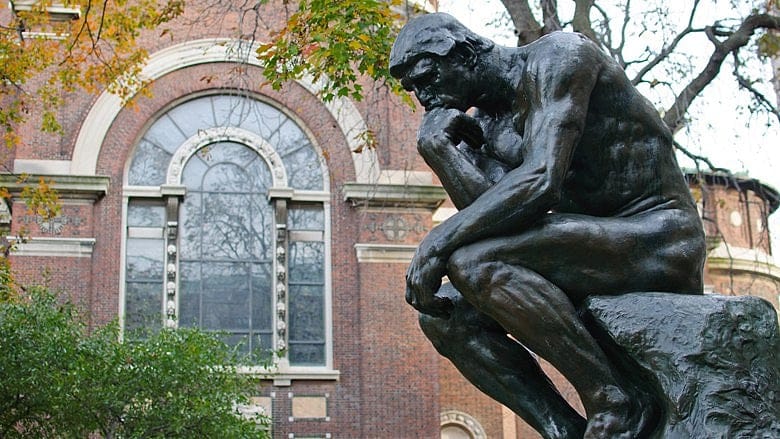Columbia University student touts political correctness

NEW YORK – Columbia University students cannot be "too politically correct," according to Avegail Muñoz, a first-year student who says that it is "simply not fair" that others object when she complains about what she perceives as "hateful biases."
Muñoz, a self-described "queer, multiracial woman of color," last month penned an opinion piece in The Columbia Daily Spectator, claiming that as a survivor of sexual assault, sufferer of multiple mental illnesses and a low-income, first-generation student, her "voice is muffled" by those who accuse her of political correctness.

